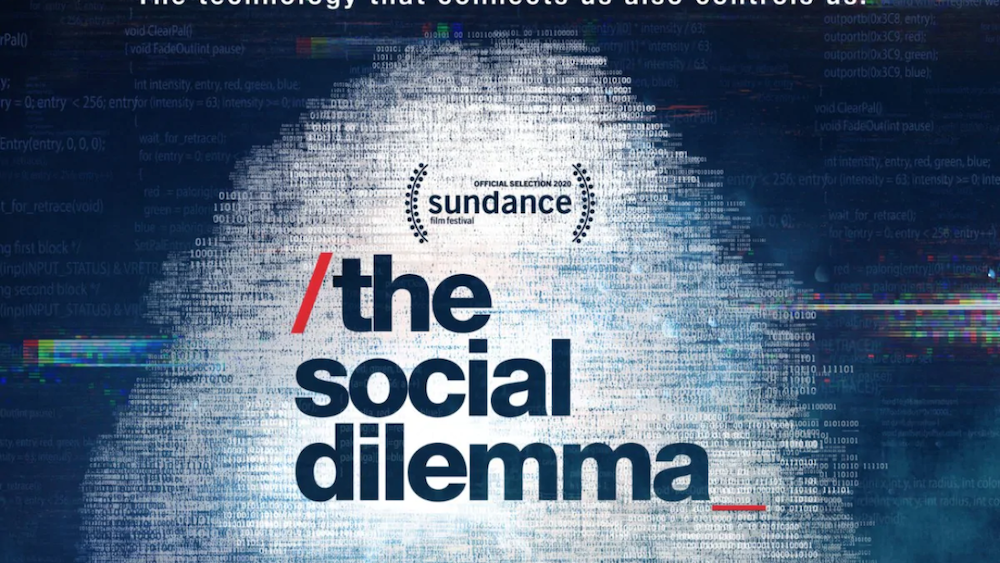Search for topics or resources
Enter your search below and hit enter or click the search icon.
January 9th, 2014 | 3 min read

DC has become an Ellis Island for Middle America, drawing in young people who are looking to escape their struggling economies at home and have a shot at a future. As the Washington Post recently described:
Almost all of the District’s population growth between 2000 and 2010 was due to young adults age 20 to 34, whose numbers swelled 23 percent. Though the influx has slowed somewhat, the latest round of census figures showed that half of the District’s population growth between 2010 and 2012 was from Millennials.<
Why this “march of the Millennials”? As the Post explains, “Many of these young people were drawn here by the jobs our relatively protected economy provides, as well as by D.C.’s good and evil twins: ambition and idealism.”
Budget cuts aside, not only does DC enjoy incredibly low unemployment (if you’re white), but within its metro are some of America’s richest counties. And the power is intoxicating. Washington now runs off the fuel of millennial insecurity.
Just take a walk through the halls of Congress to see how this reality plays out. Note the young people running back and forth, the back slaps and heavy-handed compliments. Capitol Hill feels a lot like high school, full of nerds and jocks, prom queens and student presidents who all have a confidence and overeagerness that seems to cover up a gnawing insecurity. Beneath the high school drama and bleary-eyed overachievement lies a realization that these fast-talkers and walkers are completely replaceable.
There are few stable jobs in DC, for one thing. When millennials get one, there’s a tremendous urge to move on to something bigger. After all, so many others seem to do the same. The average tenure seems to be somewhere in the 2 to 3 year range. There’s of course a line of other young ones bucking to take their job.
The only way to keep from sinking is for the millennial to swim harder or dive deeper. The former is easier, the latter is better. Yet if few actually mean to stick around in one place, why invest in anything permanent around them? Young people are considered old for living in DC longer than 5 years.
DC’s young aspire to more greatness than their experience deserves, and employers expect more from their hires than they’re willing to invest in. Move up or move out, they say—what was once a strategy for elevating talent has become more emblematic of a workforce disrupted. Millennials may still enjoy a heady proximity to power in DC, but they sense the deep chasm before them too, dug by circumstances and an ill-fitting education.
It’s as if the currency of millennial talent has been massively devalued and the only thing left to inflate is their ego. Insecurity becomes inseparable from aspiration. Millennials are told they’re special, but really what’s so exceptional about being underpaid and overworked?
Millennials labor in an economy that increasingly values highly-skilled, nonroutine work. For those who are lucky and talented (and the talented know how to make their luck), their prospects are limitless. For nearly every other millennial, their value in the marketplace seems perpetually set beneath the level that they want (or need) to be paid. They are pursuing prosperity that was once available to a wide swath of their parent’s generation, but now is enjoyed mostly by the best of the best.
In DC there’s a hardly a sense of out-and-out entitlement by millennials, just a sense of bewilderment at what happened to their American Dream.